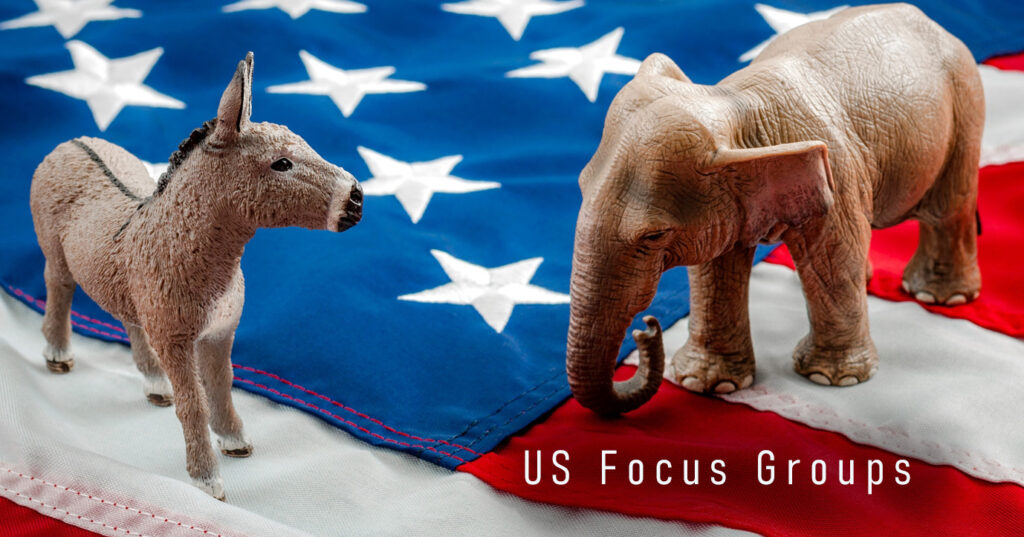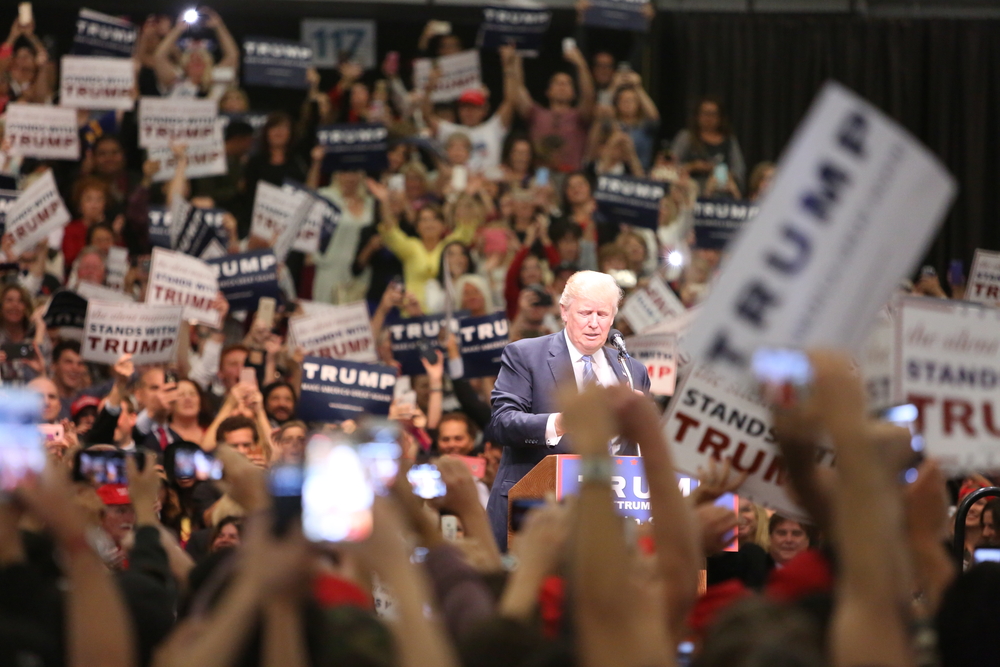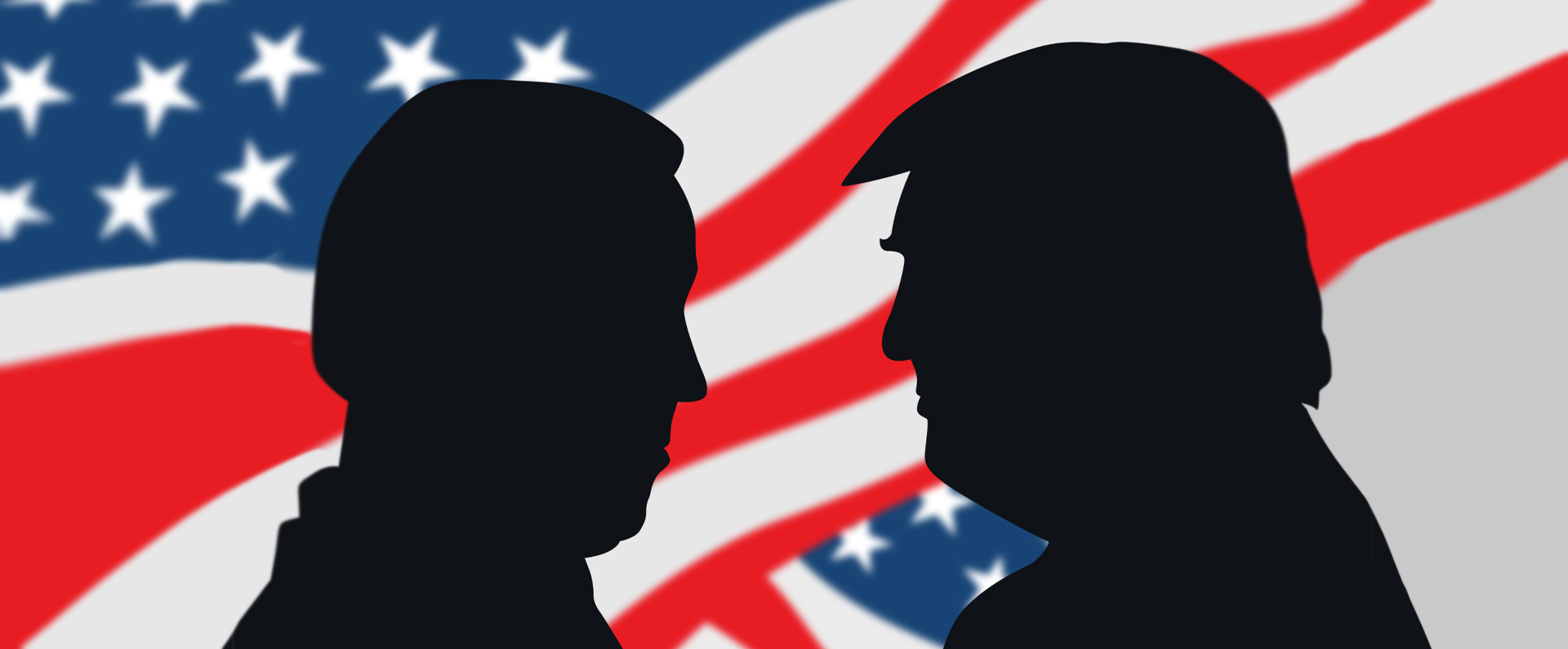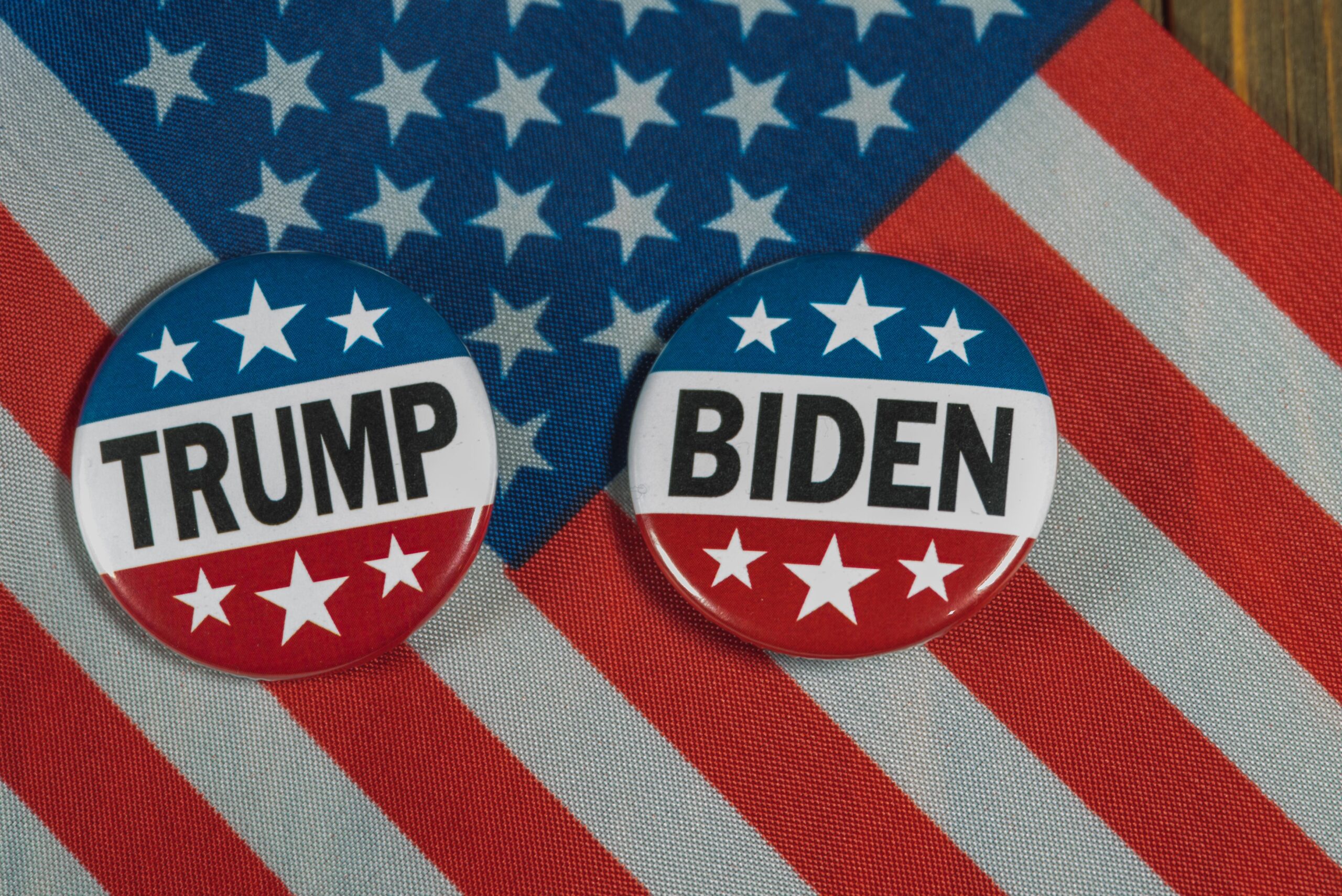
Click here for the latest edition of the Ashcroft In America podcast
Like last week’s destination, North Carolina, Virginia was once a reliable part of the Republican bloc, voting for the GOP candidate in all nine presidential elections from Nixon in 1968 to George W. Bush in 2004. Barack Obama put a stop to that, winning by six points in 2008 and four points last time round – but if the Republicans are to win the White House, they need to put Virginia back in their column.
This won’t be easy. Its Governor is a Democrat, as are both the state’s Senators – one of whom is Tim Kaine, Hillary Clinton’s running mate. But the GOP still have a big presence here – eight of the state’s eleven seats in the House of Representatives are held by Republicans.
Virginia is where North meets South, both historically and politically. The state’s fast-growing DC suburbs are both more prosperous and more liberal than the sparsely-populated rural southern districts. Our focus groups took place in Richmond, the seat of state government which was once the capital of the Confederacy. It is also where the two Virginias meet, making it critical for both sides in this election. The city hosts local and federal public sector employment alongside new tech jobs, while the surrounding areas are home to agricultural economies and deep traditional values.
Virginia is unusual in having elections every year, with the intention, according to Jeff Schapiro of the Richmond Times-Dispatch, of insulating local government from the cross-currents of national politics. Another factor that makes Virginia interesting and competitive “and these days, perhaps, a bit bluer” than in the past is that “this was once a very provincial, insular state. A comfortable majority of the people who lived here were born here. Virginia is now a state in which the majority of people who live here were born elsewhere. That in-migration changes politics, it changes tastes, it changes our culture.”
Corey Stewart, a Republican candidate to be Virginia’s next governor and Donald Trump’s campaign chairman in the state, was realistic about his candidate’s chances: “It’s going to be tough, but fundamentally, this campaign and this election cycle in 2016 is going to come down to one big question – and that is, are Americans, are Virginians, satisfied with the direction of the country. And two thirds of us say no. And for that reason, they’re going to vote for a change.”
Crystal Ball
Dr Larry Sabato is a professor of politics at the University of Virginia and the creator of Sabato’s Crystal Ball – a prediction model whose somewhat immodest title is justified by its 98 per cent success rate in presidential, Senate, House and Governor races since 2000.
Though margins have varied, the Crystal Ball has always pointed to a Clinton victory this year. Despite recent wobbles, such as “her lie by omission about pneumonia, which cost her dearly because she has a reputation for a lack of transparency,” Hillary was returning to a consistent lead of around three points in the national polls, as well as leads in most battleground states. One factor may have been the first debate, in which “she clearly slaughtered Donald Trump” – indeed, for Dr Sabato, who has made a study of presidential debates since their inception in 1960, “Donald Trump had absolutely the worst performance of any candidate ever, in any party.” If the current polls do reflect a “debate bounce” this may fade, not least because Trump may do better next time (“he can hardly do worse”).
But the most important factor in Clinton’s lead was that the Democratic voting coalition assembled by Obama had largely endured despite voters’ customary reluctance to elect any party to a third term in the White House. Though there had been some defections among millennials and blue collar white voters, she was attracting a much larger share of traditionally Republican-supporting college-educated white voters: “They are rejecting Trump in large numbers, just as the non-college blue collar vote has been embracing Trump.”
In the face of such a stark choice, there were by now vanishingly few undecided voters – “five or six per cent, somewhere in that vicinity, and as usual, half of them won’t vote. And the other half will split no more than 60-40.” More important were those currently supporting Gary Johnson, the Libertarian, and the Green candidate, Jill Stein, who between them commanded some ten per cent in the polls. Though already drifting down since being excluded from the presidential debate, even a modest showing could make a difference: “We need to remember Ralph Nader getting only 2.7 per cent in the year 2000 actually switched the presidency, switched the White House, from Al Gore, who would have won had Nader not been on the ballot, to George W. Bush.”
The winner, then? “Very probably Hillary Clinton, but nothing is certain until you count the votes. There could be October surprises that we’re not incorporating in our models or our consideration.” But she had held steady at her three or four-point edge in the popular vote, “and that should be enough to produce an electoral college majority of some size.” (The electoral college, in Dr. Sabato’s view, being a system “which was devised in 1789 and desperately needs revision – and that’s scheduled for the twelfth of never”).
Despicable
The American political week has been dominated by two stories: the revelation that in 1995 Donald Trump’s tax return declared a loss of $915,729,293, meaning that he may not have paid any federal income tax for 18 years; and the fallout from a series of disobliging tweets he sent in the early hours of last Friday morning.
For most those in our focus groups who were willing to consider voting for Trump, the tax issue was a sideshow: “He’s smart. Who wants to pay more taxes than what they have to? My husband works for himself. I take every deduction that I can take. I’m not paying extra taxes.”
The Miss Universe saga was a slightly different matter. Even the Trump supporters in our groups thought he had behaved badly – they simply thought Hillary Clinton had behaved worse, or that his occasional outbursts were the price to be paid for getting the change they wanted: “He might have offended some people by calling them names and stuff, but he hasn’t put anybody’s lives at risk, national security at risk, he hasn’t done anything to endanger us as a people.”
But for some, especially Republican-leaning women who were already supporting him only through gritted teeth, the episode was disheartening: “I think it’s disgusting, and it shows his temperament. And it’s scary. If he becomes president, what does that show? You’re supposed to be the leader of our country… That’s one thing, one of a few, that would hold me back. But I know I just wouldn’t vote for Hillary;” “I have very little in common with Trump and where he stands, but I have nothing in common with Hillary… I may think he’s a despicable person, but I’m not gonna not vote.”


